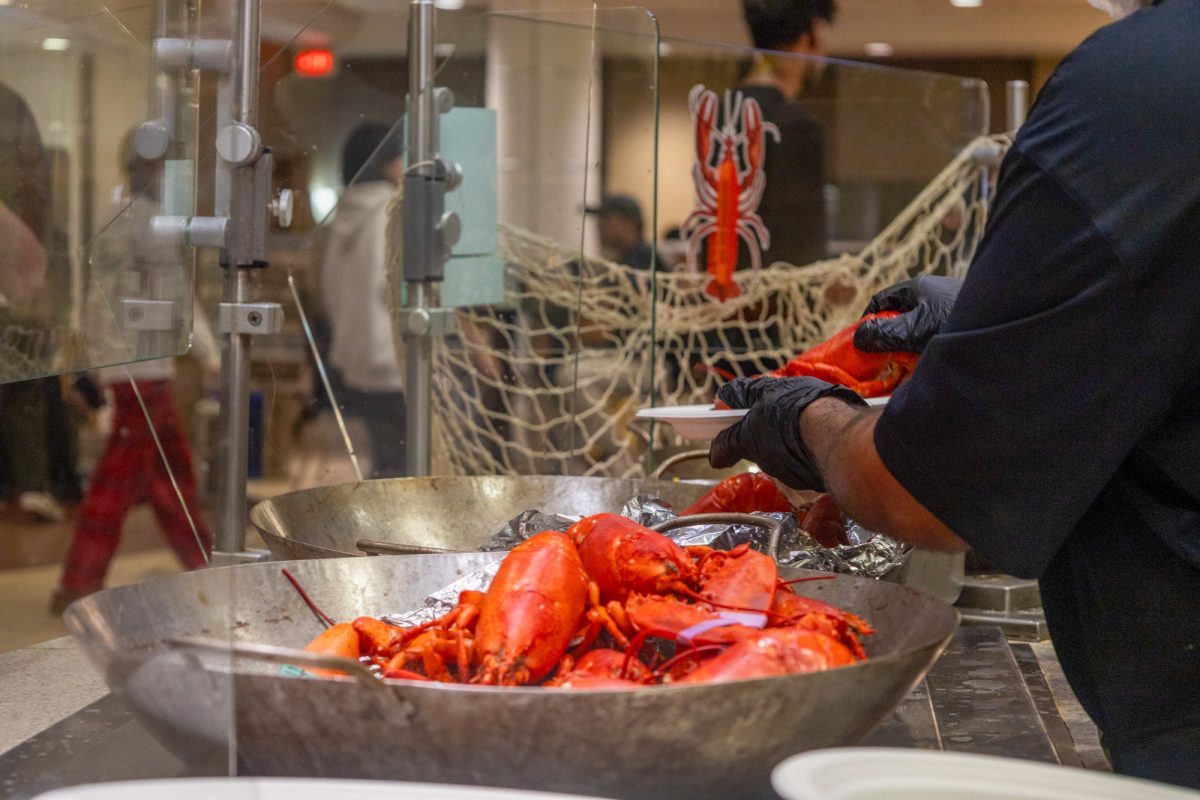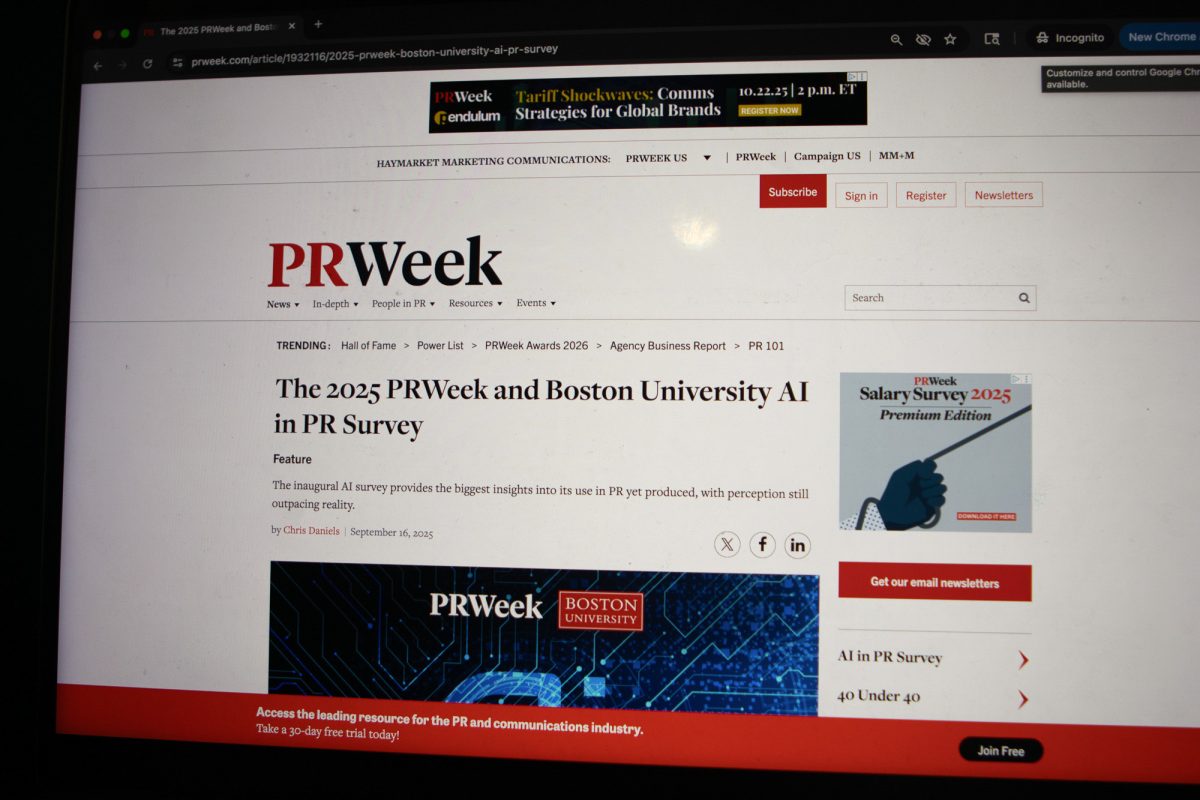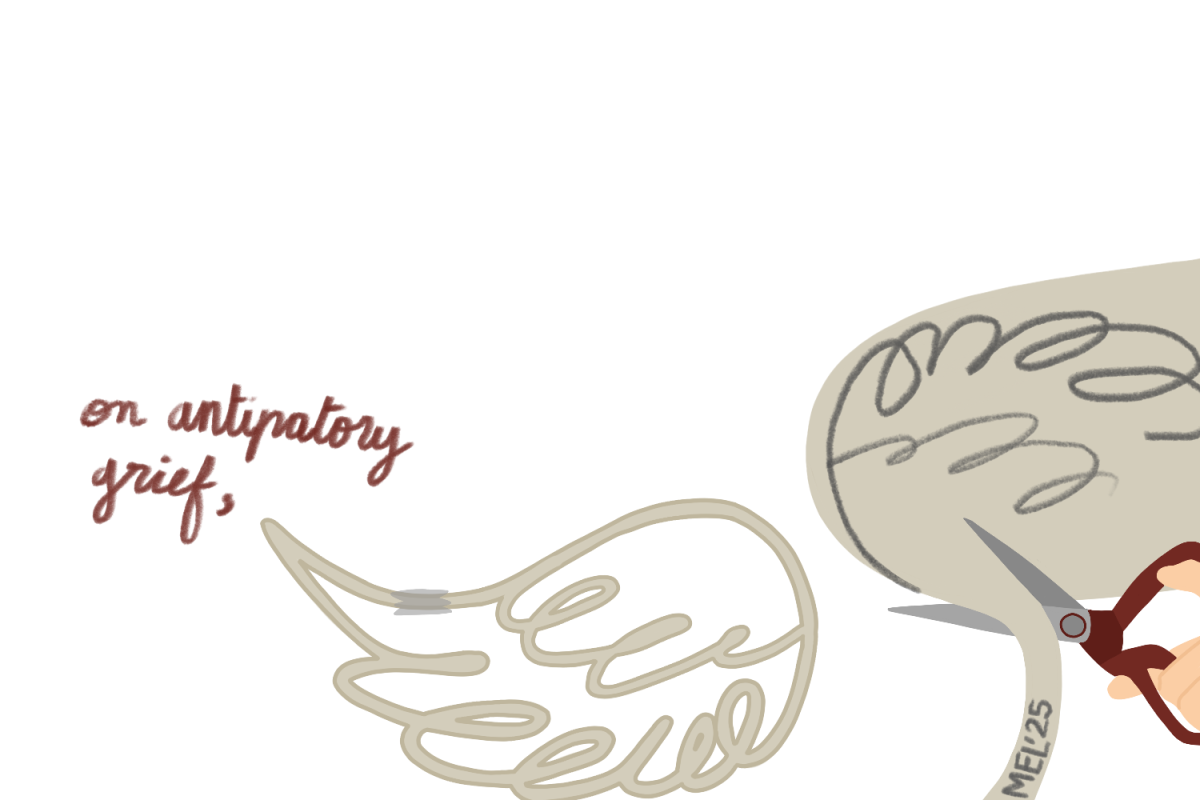
There seems to be a misconception that a strong female character has to be completely independent, snarky and tough-as-nails in order to be successful. This at least seems to be the case in Netflix’s newest series, “Girlboss,” which attempts to pass off its insufferable protagonist as an empowered, young feminist.
Released on Friday, “Girlboss” is loosely based off of Sophia Amoruso’s 2015 autobiography, “#GIRLBOSS,” which chronicles her life, from her days of dumpster diving, to the creation of her newly bankrupt clothing company, Nasty Gal. The series follows young college dropout, Sophia Marlowe (Britt Robertson), who in a desperate attempt to get fast cash, starts selling vintage clothes on eBay and becomes an overnight sensation.
The first episode may have been tolerably boring if it was not for how reprehensible Sophia Marlowe is. From the beginning, she paints herself as a headstrong young female living in San Francisco, but after the first five minutes, it seems as if the writers of the show confused “headstrong” with “selfish and entitled.” It could be possible that there has never been a more irritating protagonist.
In the first episode, Sophia shows up to her job about 25 minutes late and is shocked to find that her boss is angry with her. She then proceeds to spend her shift wasting time online and taking personal phone calls. She also has the audacity to steal and eat her boss’s sandwich and acts personally victimized when she gets reprimanded and fired. This sort of entitlement is present throughout the entire first episode.
Leaving her former job in a huff, Sophia then proceeds to steal a rug from a store, and take a nap in the park because she is getting evicted from her apartment. Why is she getting evicted? Because she either quits or gets fired from all of her jobs when they don’t conform to her standards.
After waking up from her nap, Sophia realizes that she is late to dinner with her father, and rushes over, carrying the oversized rug that she stole. When she finally shows up, her father is understandably concerned because his daughter smells like she has been sleeping outside (which she has been). He acts like any caring parent would, and offers to let her move back in with him. Instead of graciously accepting or declining, Sophia then proceeds to act as if she has been insulted and leaves in a huff.
None of these events would have been such a problem if the show had framed them as aspects of Sophia’s very flawed character. However, they are instead presented as quirks, accompanied by a headstrong anarchist who refuses to conform to the system.
Unfortunately, no one seemed to tell Sophia that if she wishes to reject the system, the system will respond in kind. Just because she doesn’t want to conform to society’s standards of living, she is not entitled to live rent-free, or to steal whatever she wants, or to slack off at work and not get fired.
Not only is this attitude annoying, but it presents harmful and completely untrue stereotypes about feminists and millennials. Whether or not “Girlboss” is intentionally attempting to present a feminist message, its title evokes a sense of female empowerment. As such, it is harmful to present an “empowered” protagonist as someone who does what she wants and gets angry when she has to suffer the consequences. Moreover, to portray millennials as disgruntled anarchists who are too lazy and entitled to work is enforcing a painful stereotype. This is how some from previous generations view them, and to have a millennial protagonist act like she is too good to get a job and feel like she shouldn’t have to work because “adulthood is where dreams go to die,” is outrageously problematic.
Besides the irritating presence of Sophia Marlowe, the other characters are forgettable at best, or beleaguered tools for the protagonist to freeload from or disrespect. They pale in comparison to the biggest problem of the pilot episode, which truly offers nothing except for good cinematography. But at the end of the day, some pretty shots of San Francisco and visually enticing cinematography cannot save a show that is at best, problematic, or at worst, dead on arrival.
















































































































